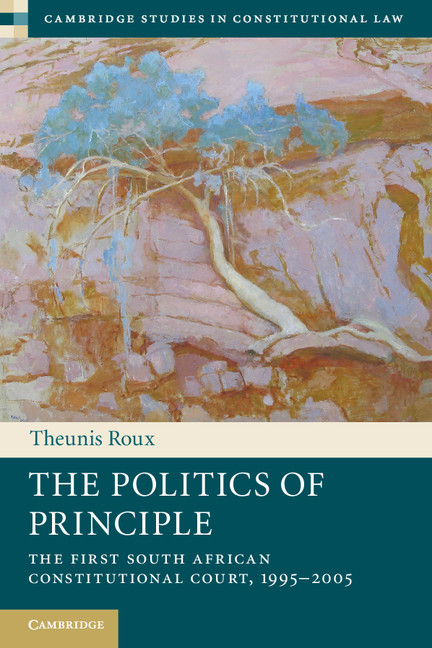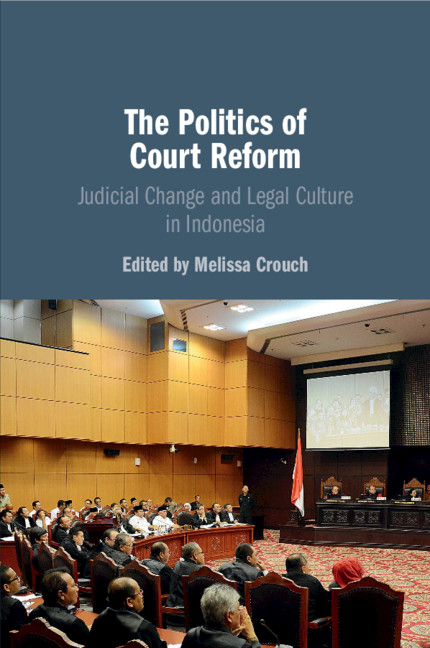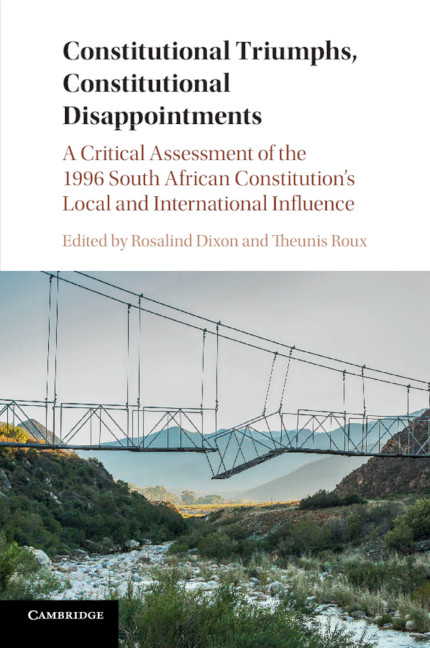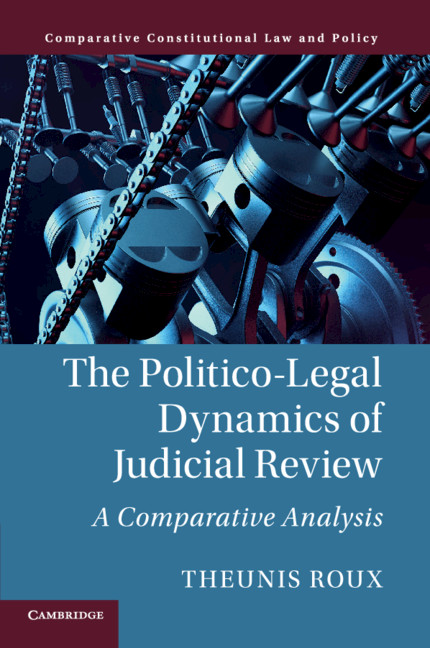The Politics of Principle
Under its first chief justice, Arthur Chaskalson, the South African Constitutional Court built an unrivalled reputation in the comparative constitutional law community for technically accomplished and morally enlightened decision-making. At the same time, the Court proved remarkably effective in asserting its institutional role in post-apartheid politics. While each of these accomplishments is noteworthy in its own right, the Court's simultaneous success in legal and political terms demands separate investigation. Drawing on and synthesising various insights from judicial politics and legal theory, this study offers an interdisciplinary explanation for the Chaskalson Court's achievement. Rather than a purely political strategy of the kind modelled by rational choice theorists, the study argues that the Court's achievement is attributable to a series of adjudicative strategies in different areas of law. In combination, these strategies allowed the Court to satisfy institutional norms of public reason-giving while at the same time avoiding political attack.
- Provides a methodology for grounding normative theorisations of judicial review in a realistic account of the political contexts in which constitutional courts operate
- Bridges the divide between the largely North-American literature on the US Supreme Court and the comparative literature on the role of constitutional courts in new democracies
- Study of one of the most successful of the post-1989 constitutional courts will appeal both to those with a specific interest in South Africa and also to comparativists interested in what the South African example has to teach about the role of constitutional courts in democratic consolidation
Reviews & endorsements
"The Politics of Principle is a landmark book for those interested in South African politics, history, law, and the interaction between these disciplines."
Athanasia Hadjigeorgiou, Global Law Books (www.globallawbooks.org/home.asp)
Product details
May 2013Paperback
9781107619067
447 pages
229 × 152 × 24 mm
0.65kg
4 b/w illus.
Available
Table of Contents
- Introduction
- 1. The Chaskalson Court's achievement
- 2. A conceptual framework for assessing the performance of constitutional courts in interdisciplinary terms
- 3. Operationalising the conceptual framework to explain the Court's achievement
- 4. The political context for judicial review, 1995–2005
- 5. Constraints and opportunities: the law/politics distinction in South African legal-professional culture
- 6. Death, desire and discrimination: the Chaskalson Court between constitutional and positive morality
- 7. Social rights
- 8. Property rights
- 9. Political rights
- 10. Cross-cutting strategies
- 11. Conclusion.







.jpg)






